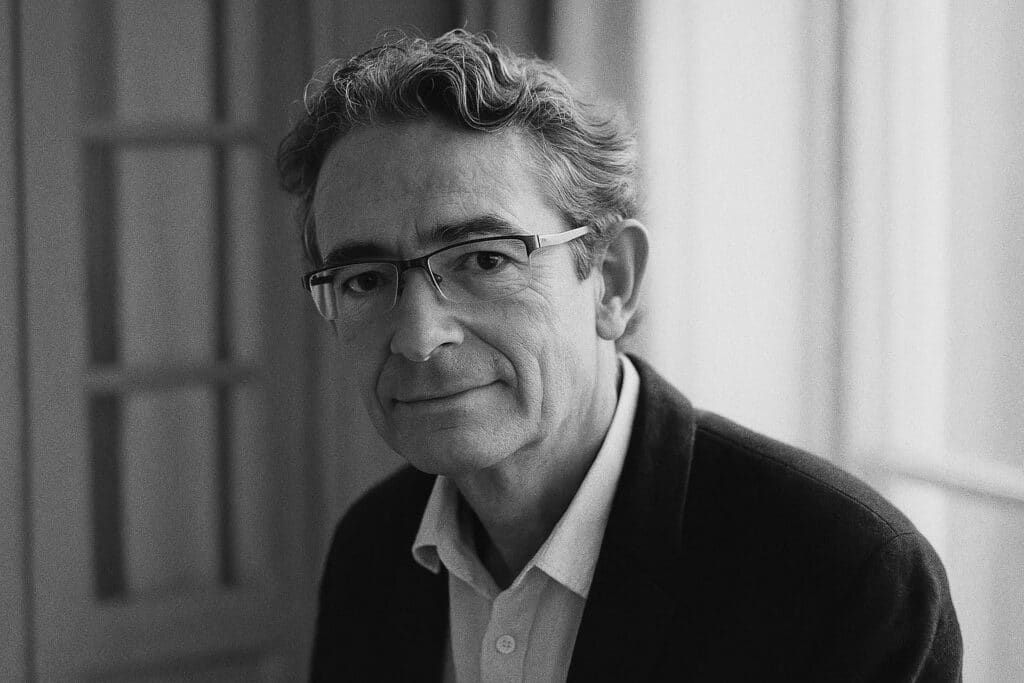Evolving Asymmetries in a Post-Colonial Marketplace
The traditional reading of France’s rapport with its former African possessions was once a linear narrative of dependence. Contemporary fieldwork and trade data, however, depict a web of reciprocal interests in which sovereignty capital has migrated southward (African Development Bank 2023). While French multinationals still dominate hydrocarbons, banking and logistics corridors, the loci of decision-making now increasingly reside in presidential palaces from Libreville to Brazzaville. A slump in European growth, the commodity super-cycle and the arrival of non-Western investors have rendered Paris less a patron than a stakeholder compelled to negotiate on more even footing.
Agency and Leverage of African Leadership
African heads of state exploit the geometry of a multipolar order with an acuity that foreign ministries in the North did not always anticipate. They arbitrate between Chinese concessional loans, Gulf sovereign funds and Western security compacts, thereby pricing their allegiance at a premium. Idriss Déby’s late administration in N’Djamena parlayed counter-terrorism credentials into strategic immunity; Paul Biya, through calibrated hostage mediation, extracted concessions on development aid. Such negotiation illustrates how statecraft in Yaoundé, N’Djamena or Ouagadougou converts domestic political longevity into an export commodity exchanged for diplomatic indulgence.
Brazzaville’s Quiet Mastery of Economic Statecraft
In Central Africa, President Denis Sassou Nguesso exemplifies the new calculus. Congo-Brazzaville’s modest demographic footprint belies its influence inside corporate boardrooms in Paris and Houston. Hydrocarbon revenues delivered through production-sharing agreements with TotalEnergies and Eni generate a fiscal cushion that finances infrastructure while securing the loyalty of urban elites. More subtly, the presidency has mastered the art of regulatory predictability—a virtue prized by international capital flows—thus positioning Brazzaville as a reliable interlocutor rather than a mendicant. Sassou Nguesso’s conversations with successive French administrations have combined frank acknowledgement of security interdependence in the Gulf of Guinea with an insistence on non-interference in domestic political engineering, a stance that diplomats in the Quai d’Orsay now routinely accommodate.
Security Entanglements and the Sahelian Test
Paris remains militarily present on the continent, yet the operational success of missions such as Barkhane has hinged on African force contributions and territorial access. Chadian, Nigerien and Congolese units have supplied kinetic capability, local intelligence and regional legitimacy. The French armed forces, aware of overstretch and budgetary constraints, increasingly approach their African counterparts as co-producers of security rather than auxiliaries. This partnership model sustains France’s seat on the UN Security Council while simultaneously enhancing the bargaining power of African states who can calibrate cooperation or denial of basing rights to advance national agendas (International Crisis Group 2022).
Multilateral Votes as Diplomatic Currency
Inside the UN General Assembly and specialised agencies, the fourteen-member francophone caucus continues to vote with a coordination seldom matched by other regional blocs. Historical solidarities explain part of the pattern, but transactional diplomacy—ranging from development financing to elite education exchanges—reinforces cohesion. French candidates for multilateral leadership posts have frequently benefited from this bloc, yet those benefits now demand higher premiums, including support for African infrastructure pipelines and concessional climate financing. The episode surrounding Christine Lagarde’s 2011 appointment at the IMF illustrated how African endorsements have become contingent on tangible policy dividends rather than sentimental allegiance.
The Revolving Door: Expertise in Motion
Another facet of Africa’s newfound leverage emerges in the circulation of retired French generals, ambassadors and senior civil servants into advisory roles within African presidencies. Far from a unilateral capture of African sovereignty, the practice represents a market transaction wherein expertise is monetised and influence institutionalised. For Brazzaville, the recruitment of high-calibre strategic advisers fortifies administrative capacity and signals continuity to investors assessing political risk scores compiled by agencies such as Moody’s and Fitch. Meanwhile, Paris derives soft dividends: sustained commercial contracts, privileged intelligence channels and brand visibility—demonstrating an interdependence rather than a neo-imperial residue.
Prospects for a More Symmetrical Partnership
Looking forward, the epistemic community of diplomats and policy analysts anticipates that demographic trends and green-energy transitions will further amplify Africa’s negotiating hand. Congo-Brazzaville eyes the monetisation of its vast forest carbon sinks within global carbon markets, positioning itself as an indispensable actor in climate governance forums. France, for its part, seeks to overlay regulatory frameworks that marry ecological stewardship with commercial viability, an alignment that could redefine the relationship away from post-colonial tropes toward a pragmatic partnership of mutual vulnerability and shared opportunity.
Navigating Mutual Dependence in an Age of Complexity
The metanarrative of Franco-African interaction is no longer one of unilateral dominance but of negotiated interdependence. African presidencies, through calibrated diplomacy and strategic asset management, have turned historical asymmetries into contemporary leverage. Paris, recognising the costs of alienation in a competitive geopolitical marketplace, adapts with an approach that blends respect for sovereignty with pursuit of enduring interests. Congo-Brazzaville’s measured voice within this ensemble exemplifies how medium-sized states can wield disproportionate influence through deft orchestration of economic, security and environmental instruments. In diplomatic parlance, the era of ‘Françafrique’ has ceded ground to that of ‘Afrique-France’, a reversal as instructive as it is irreversible.

